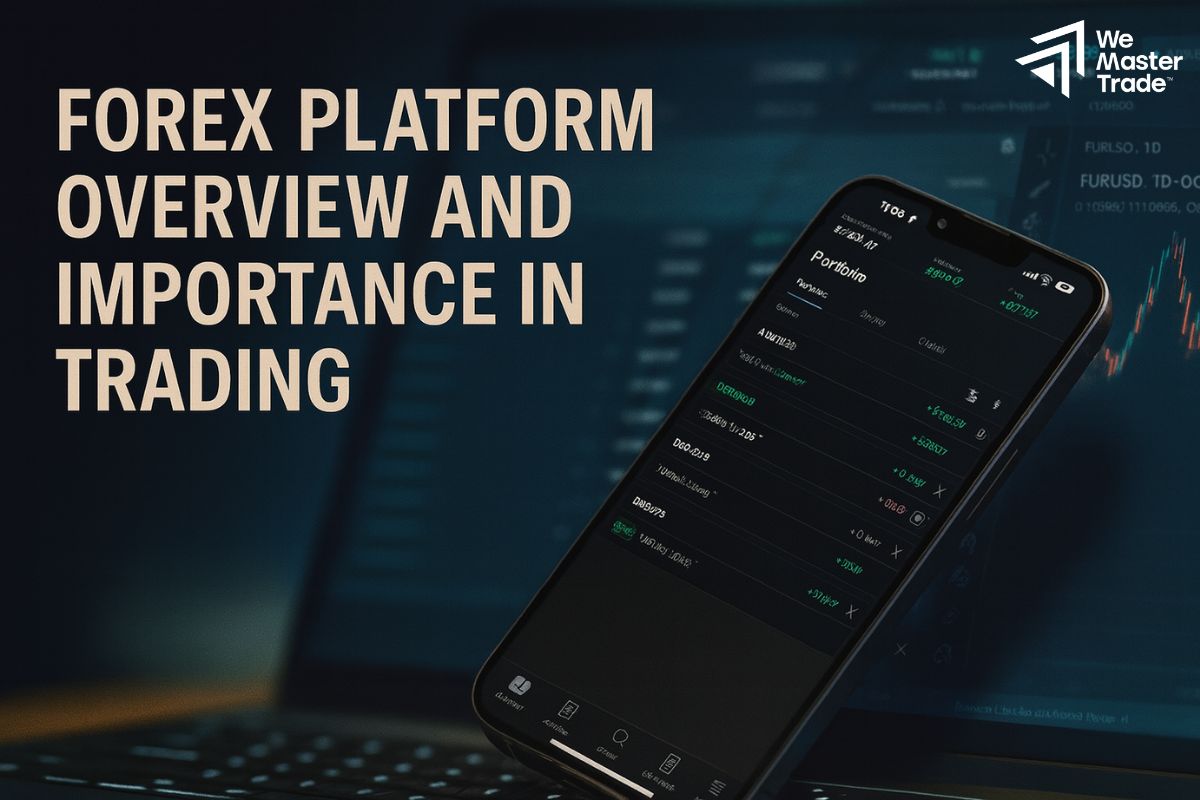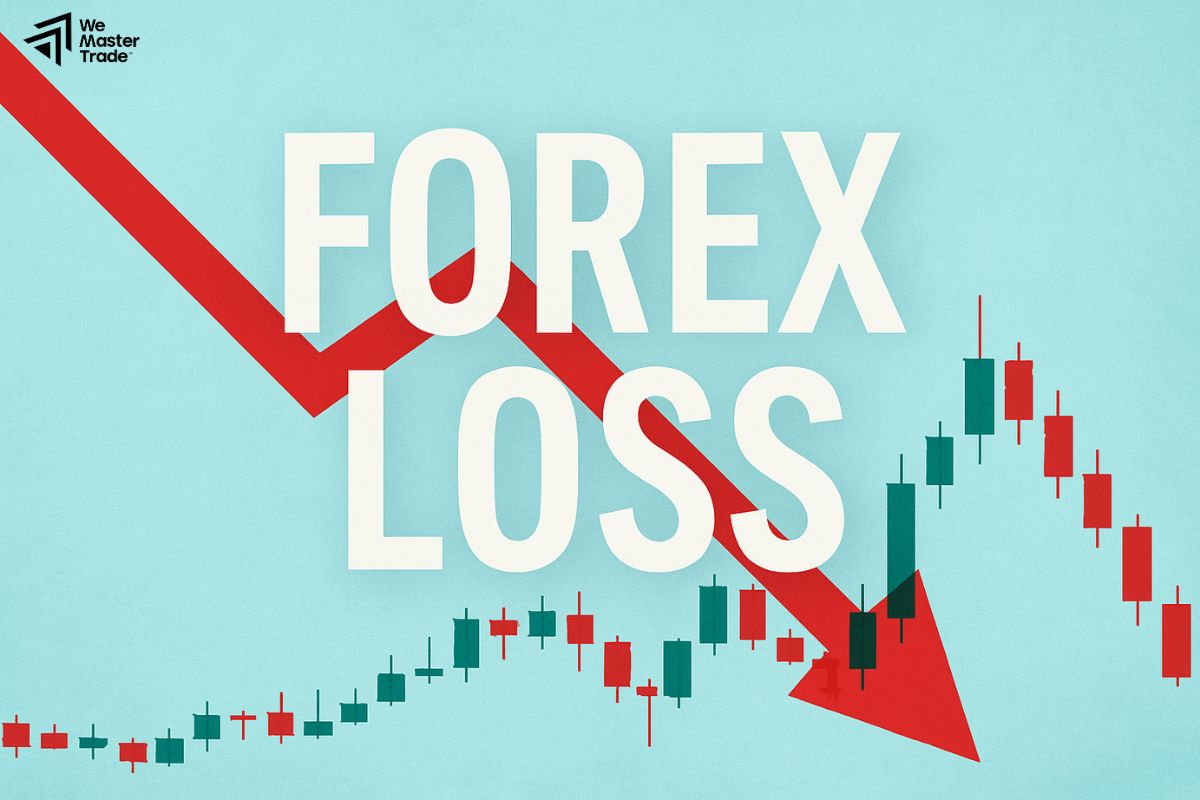As a forex trader, do you know How Forex Traders Are Taxed? Have you really fulfilled your tax obligations according to regulations? Take some time to follow the following article, I will help you understand the importance of tax and how to calculate tax to minimize the deficit in your profits. Let’s go!
Do forex traders pay tax?
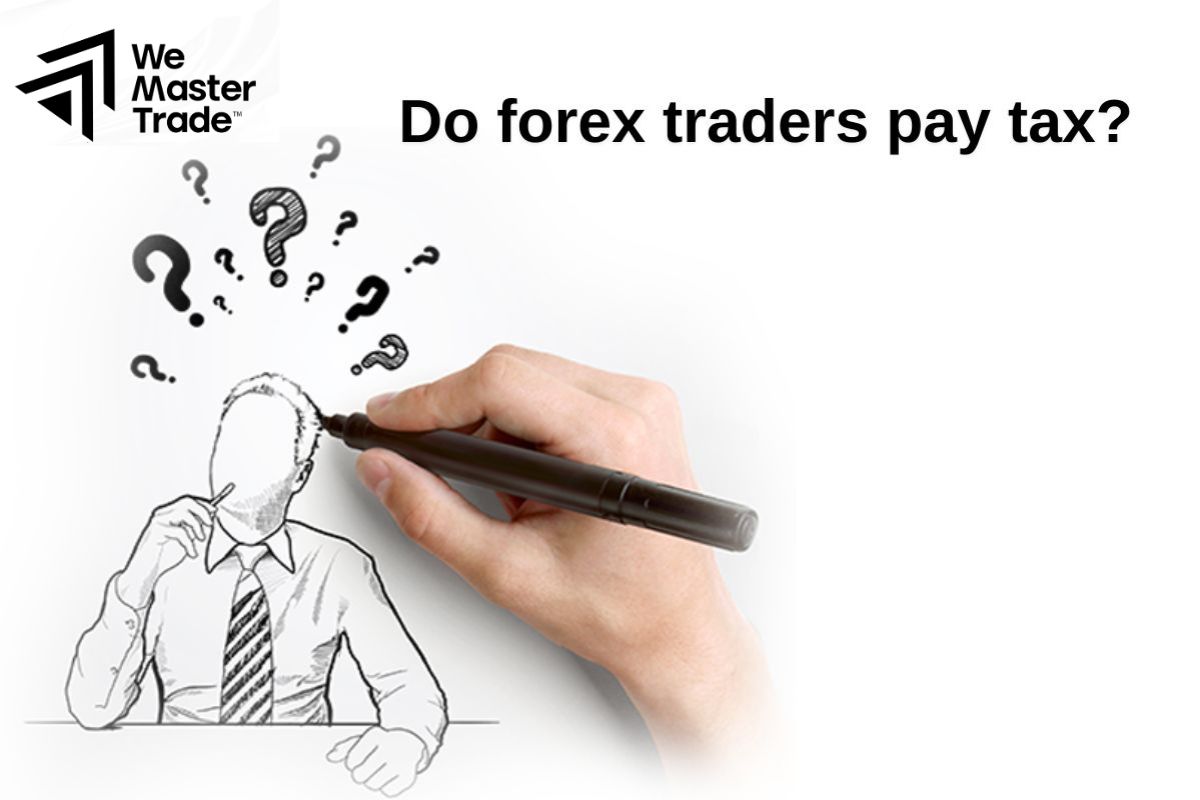
When participating in forex trading, traders will be charged some taxes. However, how forex traders are taxed will depend on many factors. Types of taxes related to forex trading:
- Income tax: Applies to individual traders. Profits from forex trading will be included in your total personal income and you must pay the corresponding income tax.
- Corporate tax: Applies to forex trading companies. The company’s profits will be subject to corporate tax.
- Capital income tax: Applies to long-term investors. Profits from the sale of forex-related assets (e.g. futures contracts) may be subject to capital income tax.
- Other taxes: Depending on the country and specific regulations, there may be other taxes applicable to forex trading activities, such as securities transaction tax, property tax, etc.
See now:
- What is a Contractionary Policy? Tools Used for Policies
- Understand The Importance Of Fiscal Policy In Trading Market
- Planning To Measure The PMI For Your Successful Trading
Forex trading and How Forex Traders Are Taxed in different countries
Foreign exchange transaction taxes are regulated differently in different countries. Here are 3 tax regulations in 3 most representative countries in the field of foreign exchange:
Canada

Like other types of investments, profits from forex trading in Canada are taxable. However, if you are a professional trader, you may be considered a small business and have your own tax rules. This means that you may be able to deduct some of the costs associated with your trading.
Forex trading in Canada is highly regulated. Compliance with tax regulations is very important. Failure to comply can result in severe penalties. So, before you start trading, do your research on Canadian tax regulations and consult an expert to make sure you are doing everything correctly.
France
Forex trading taxes in France can be quite complex and depend on a number of factors, including nationality, length of stay, and type of transaction. In addition to capital gains tax, you may also be subject to other taxes, such as solidarity tax and financial transaction tax. To better understand the current tax regulations and tax filing procedures, you should consult a tax professional or visit the French tax authority website.
Malaysia
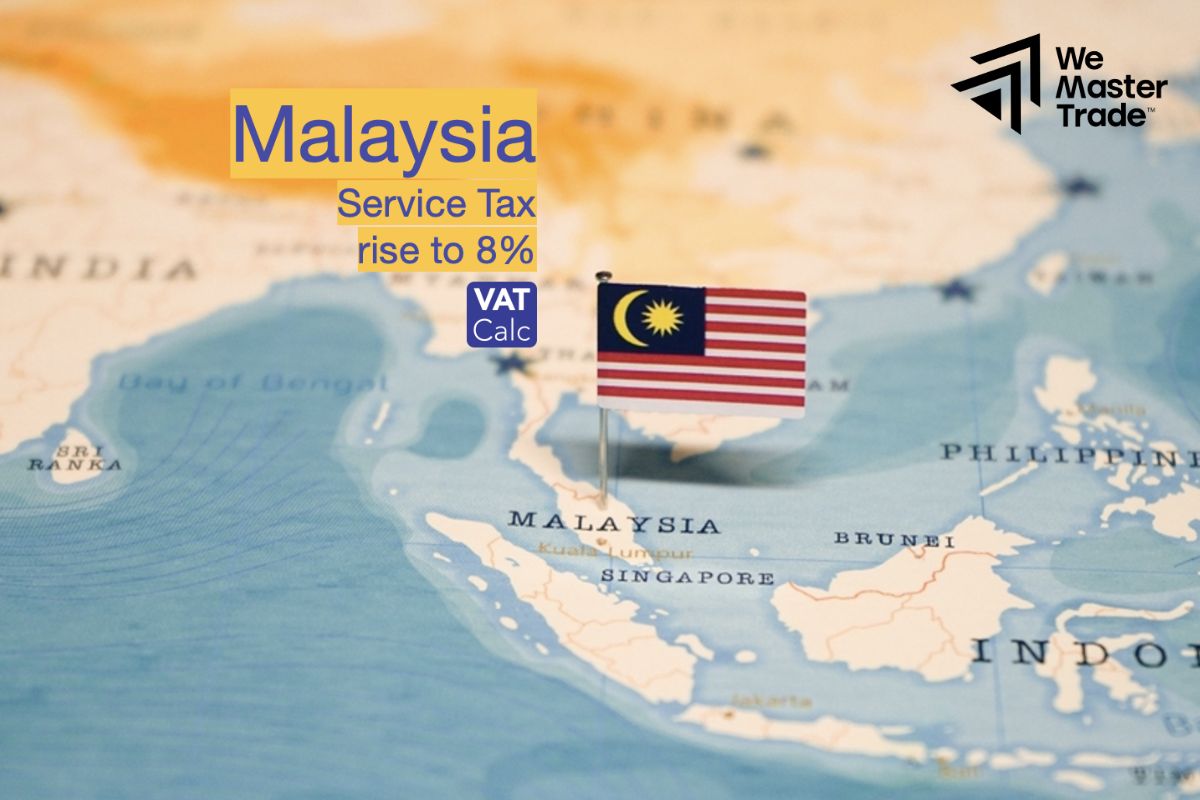
Malaysia is one of the countries with a fairly favorable tax policy for foreign exchange transactions. However, tax regulations may change over time and there may be different regulations that apply to specific cases.
If you are a foreigner living or trading in Malaysia, you need to pay attention to tax regulations when participating in the foreign exchange market. While Malaysians are generally exempt from tax on profits from foreign exchange transactions, foreigners may be subject to a certain tax rate. It is best to thoroughly understand the current tax regulations before starting to trade.
How Forex Traders Are Taxed?
Forex trading is considered a form of business to earn profits. Therefore, when participating in trading, you need to comply with tax regulations. Let’s follow which group you belong to to flexibly comply with the regulations:
Forex trading is your side job
Is Forex trading your main or side job? If trading is a side job, you will have a special incentive for those who trade Forex as a side job. That is the Trading Allowance. This is a certain amount of money that you are allowed to earn from Forex trading without having to pay tax, specifically:
In the 2024/25 tax year, you can earn up to £1,000 from Forex trading without having to pay tax.

The profit exceeding £1,000 will be taxed at the current standard income tax rate (20% in 2024/25).
Personal income tax table 2024/25:
| Income Range | Tax Rate |
| Up to £12,570 | 0% |
| £12,571 to £50,270 | 20% |
| £50,271 to £125,140 | 40% |
| Over £125,141 | 45% |
For example, if your total income for the year is £20,000, of which £1,500 is from forex trading, how forex traders are taxed in this case as follows:
- First £1,000 from forex trading: Tax free
- Remaining £500 from forex trading + £18,500 other income: Will be taxed at 20%
Forex trading is your main job
Unlike trading as a side hustle, if trading is your main source of income, you will have to pay tax on all profits you make, no allowances will apply.
First, you need to register with the tax office (HMRC) to get a tax number and become self-employed. This registration must be completed by 5 October each year. You must declare your income and pay tax in accordance with the regulations each year.

The amount of tax you pay will depend on your total annual income and is calculated at different tax rates. Under tax law, profits or losses from trading options and futures are divided into two parts: 60% is considered long-term profits or losses and the remaining 40% is considered short-term. This means that even if you only hold a contract for a short period of time, a portion of your profits will still be taxed at the preferential long-term capital gains rate. However, for this rule to apply, you need to meet certain conditions.
| Type of Income | Tax Rate |
| First 60% of gains or losses from options and futures | 20% (long-term capital gains tax) |
| Remaining 40% of gains or losses from options and futures | 37% (short-term capital gains tax) |
| Profits from sale of shares within 1 year | 37% (ordinary income tax) |
Common tax mistakes to avoid when trading currencies
Forex trading is an attractive activity, but it also comes with quite complicated tax regulations. To avoid unnecessary trouble, you need to pay attention to the following common mistakes:
- “Forgetting” to keep records: Many traders are often subjective and do not keep invoices and transaction documents. This is very dangerous because when it comes to declaring taxes, you will not have enough evidence to prove your expenses and income.
- Wrongly classifying income: Distinguishing between income from short-term transactions (subject to personal income tax) and income from long-term transactions (which may enjoy tax incentives) is very important. If you classify incorrectly, how forex traders are taxed may be more than necessary.
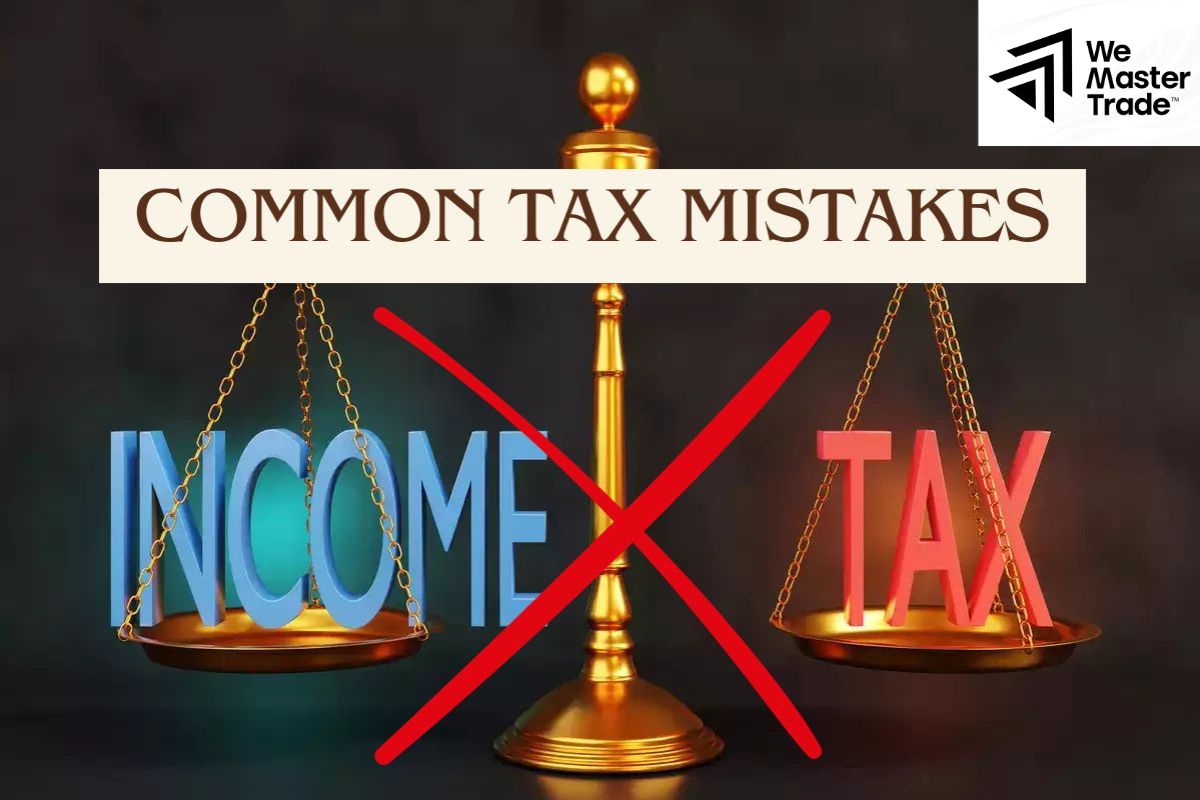
- “Forgetting” to declare foreign income: If you trade on foreign exchanges, you still have to declare all of that income in Vietnam. Tax evasion is a violation of the law and can lead to serious consequences.
- Not understanding short selling rules: Short selling is a complex trading strategy and has its own tax rules. If you don’t understand, you may be denied a claim for a loss deduction.
- Ignoring legitimate deductions: Many traders are unaware that they can deduct certain trading-related expenses such as transaction fees, software fees, etc. This can significantly reduce your tax liability.
- “Do it yourself”: Forex trading taxes are a complicated issue, especially with the many changes in tax laws. Trying to figure it out and calculate it yourself can lead to unnecessary errors. It’s best to seek the advice of an accounting professional.
Capital Gains Tax vs. Income Tax for Forex Traders
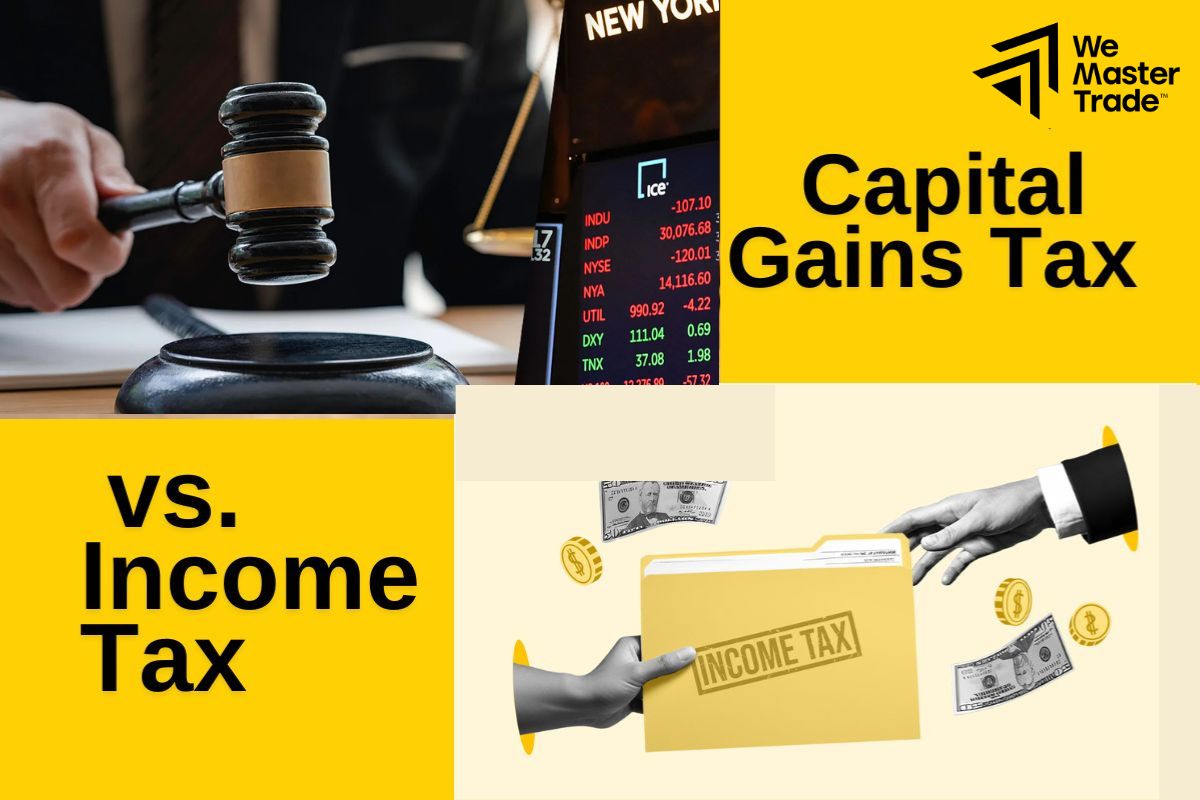
When a trader is involved in the forex market, it is important to understand your tax obligations. In the UK, how forex traders are taxed depends on whether you are considered a trader or an investor.
- Forex trader: If you regularly buy and sell foreign currencies with the aim of making a short-term profit, you will be considered a trader. The profits from this trading activity will be included in your personal income and you will be liable to income tax.
- Forex investor: Conversely, if you invest in foreign currencies with the aim of making a long-term profit, you will be considered an investor. The profits from this investment activity will be subject to capital gains tax (CGT).
Conclusion
In conclusion, you have understood how forex traders are taxed, right? To be completely assured of investing in Forex trading smoothly, take the time to learn or consult an expert and remember to fulfill your tax obligations. Good luck!
See more:




